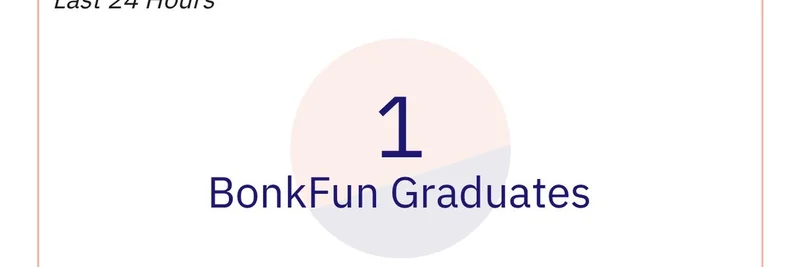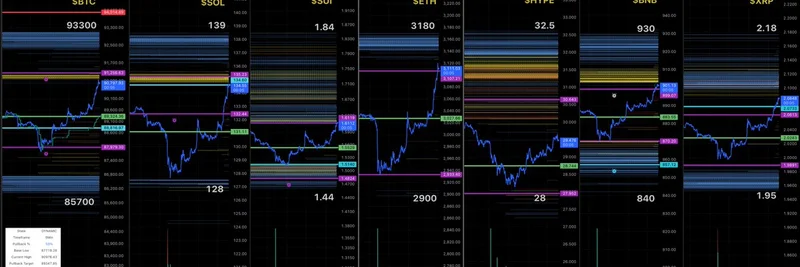In the ever-shifting landscape of cryptocurrency, momentum can vanish as quickly as it appears. Take BonkFun, a once-buzzing launchpad for meme tokens on the Solana blockchain. Just three weeks ago, it was a go-to platform for new coin launches, but recent data shows a dramatic slowdown: only one coin graduated in the last 24 hours, as highlighted by SolanaFloor.
This sharp drop isn't just bad luck—it's tied to a technical shift in the ecosystem. Developer Chaofan Shou (@shoucccc) sheds light on the culprit in his recent tweet: the upgrade to Raydium's Constant Product Market Maker (CPMM) program, which rolled out around midnight on Sunday, August 17, 2025.
Understanding the CPMM Upgrade on Raydium
For newcomers, Raydium is a leading decentralized exchange (DEX) on Solana, known for its automated market maker (AMM) system. The CPMM is a core part of this, using a simple mathematical formula (x * y = k) to maintain balance in liquidity pools, where 'x' and 'y' represent the amounts of two paired tokens.
The recent upgrade, part of Raydium V3, simplifies pool creation by removing the requirement for OpenBook market IDs. This change cuts deployment costs by 2-3 SOL per pool and streamlines the process for users. It also adds support for Token22 standards, including transfer fees, making it more efficient for legitimate traders. You can read more about Raydium's evolving features in this overview.
However, these improvements came with unintended consequences for automated systems.
The Bot Breakdown and BonkFun's Fallout
Meme token launchpads like BonkFun thrive on high-volume, fast-paced activity—often fueled by bots that automate launches, pumps, and dumps to generate hype and liquidity. Shou explains that right after the CPMM upgrade, "almost every bot that automatically launch, pump, and dump went down." Many of these tools, built around the old system, haven't been patched yet, leaving the field to human traders only.
Without bots inflating volumes, revenue and activity plummeted. As Shou aptly notes, when it's just "real human PVPing against each other," the numbers drop to "almost nothing." This reveals a harsh truth: the meme token space on Solana may be more bot-driven than community-driven, with fewer actual humans participating than the hype suggests.
Raydium itself addressed post-upgrade adjustments in a recent update, including fee shares paid in SOL and Token22 support, but the bot disruption has clearly rippled through platforms like BonkFun.
Broader Implications for Meme Tokens and Solana
This incident highlights the volatility of meme tokens and the risks of over-reliance on automation in DeFi. While upgrades like CPMM enhance Solana's efficiency—aligning with broader network improvements such as the Alpenglow upgrade proposal for faster block finality—they can temporarily disrupt ecosystems built on outdated tech.
For meme token enthusiasts and blockchain practitioners, it's a wake-up call to diversify strategies and focus on organic growth. Will BonkFun adapt and recover as bots come back online? Or does this signal a maturing phase for Solana meme launches, pushing toward more sustainable projects?
As Solana continues to evolve, staying informed on these changes is key to navigating the meme token world. Keep an eye on platforms like Raydium and BonkFun for updates, and remember: in crypto, adaptability is everything.


